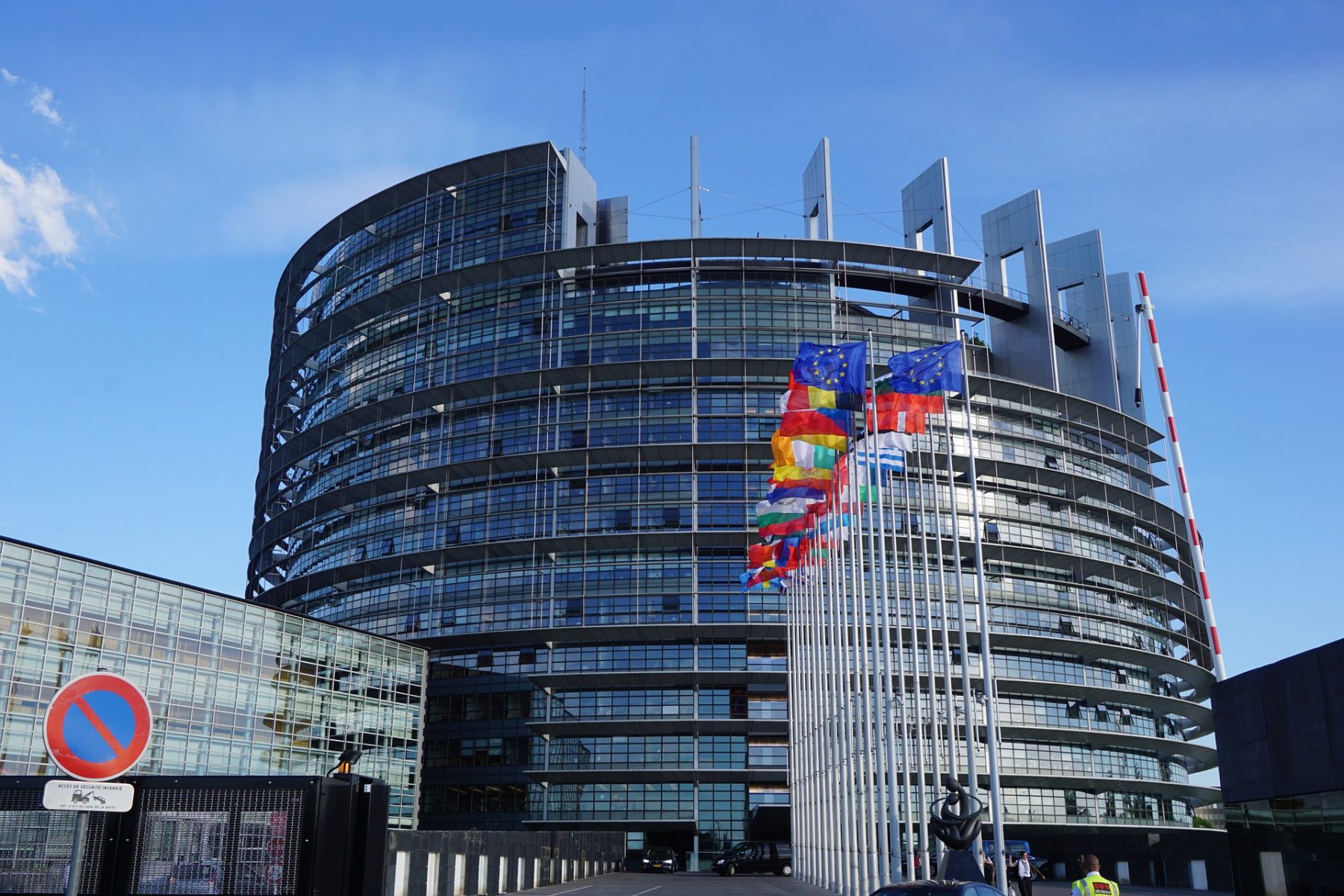Private and Public broadcasters call for action against the negative impacts of global online platforms on Europe’s democracies, cultural diversity and media plurality

Download the document
In just a few weeks, the European Commission will publish new legislation addressing the responsibilities of global online platforms.
Today, European broadcasting associations, representing thousands of public and commercial media outlets and radio and TV sales houses, speak out together for the adoption of meaningful EU laws reflecting the impact global online platforms have on democracy, investment in European content, media plurality and cultural diversity.
Committing global online platforms to transparency and accountability is key to enable future generations to continue to have access to the trusted news and the rich plurality of views and information that media offers. This will facilitate the economic sustainability of Europe’s media ecosystem in the digital era.
Large online platforms play an undeniable role in access to content online, using algorithms to organise, rank, moderate and/or commercialise content and exploiting user data to maximise advertising revenue and profitability. Yet, they remain largely unaccountable to the public and their practices lack the necessary transparency. This is in sharp contrast to media services which are subject to specific regulatory standards and oversight in Europe. Any suggestion that online platforms actively engaging with content
they host require additional liability exemptions to spur good behaviour (‘Good Samaritan’ protection), as is suggested by some, misses the mark. They are neither passive nor neutral hosts.
The Digital Services Act, which will update the 2000 E-Commerce Directive, needs to step up platforms’ duties to fight illegal content, for example by addressing pirated content which drains our creative ecosystems, and the hateful and harmful content which threatens our democracies. Platforms also need to commit to being responsive towards users’ requests, by offering transparency to platform users (know your business user principle) and authorities to ensure they effectively respond to their existing and future obligations.
Broadcasters need to understand how an algorithm uses their content and impacts its exploitation.
Broadcasters are subject to specific oversight and standards in Europe, which apply no matter how services are consumed. Allowing large online platforms’ unilaterally imposeterms and conditions to interfere with media services and content undermines media’s editorial freedom and independence and directly undermines the public trust in media and
democracy. The upcoming proposed revision thus needs to propose measures to ensure global online platforms do not limit access to or modify media service providers’ content that is already regulated. The existing measures in the Copyright Directive and Audiovisual Media Services Directive should continue to prevail to maintain legal certainty,
investment in cultural diversity and media pluralism in Europe.
A number of global online platforms occupy gatekeeping positions in the digital value chain. The latter leverage their size and strategic position to impose unfair practices which hinder competition, including in adjacent markets. Many of the access points for our digital content are via search engines, social networks, smart devices (including smart speakers and voice assistants), app stores and their operating systems, all dominated by
relatively few companies who act as gatekeepers for the digital economy.
Media providers, like other users of platforms, are subject to unfair practices such as platforms’ self-preferencing of own services, bundling practices, lack of access to data in relation to media services, and lack of transparency on how platforms collect and use data as well as on how audiences are measured. Too often, media outlets are forced into
accepting terms and conditions with no margin of negotiation (‘take it or leave it’ approach). The way some online platforms currently dominate the online advertising market is a telling case in point. This is why we strongly support ex ante measures in a new Digital Markets Act that will put an end to these practices and repair the current imbalances.
Europe can be a global leader in shaping the digital space and how media operate within it for the benefit of society. Provided the new draft laws incorporate clear provisions in line with the above principles, this will pave the way to bolster Europe’s vibrant media sector. Importantly, this will provide for strong and stable foundations on which the efforts
and measures developed in the upcoming action plans to promote democracy in Europe and to support the media and audiovisual sector can successfully build.
Signatories:
- ACT – Association of Commercial Television in Europe
- AER – Association of European Radios
- EBU – European Broadcasting Union
- egta – Association of Television and Radio Sales Houses

